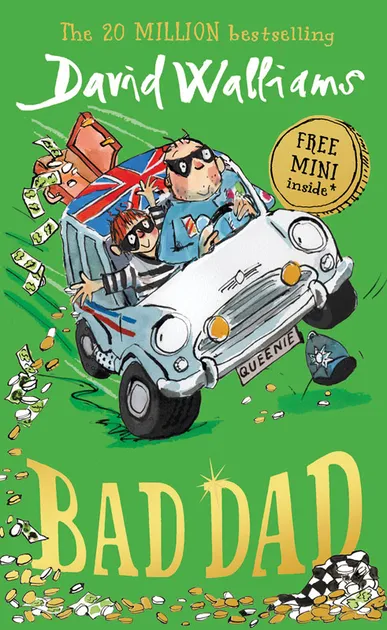
helping children find faith
Cartwheels, Bricks, Marbles

Ed Drew
Amanda vividly remembers the moment
when she cried at her kitchen table in front
of her three children.
At the time, her 14-year-old daughter was
lying on the floor, her 12-year-old son had
his head in his hands and her six-year-old
girl was doing cartwheels around the room.
Why the tears? Well, all this was happening
in the middle of her family Bible time.

What to do with Walliams?

Ed Drew
Youth minister, Ed Drew, reviews David Walliams’ bestseller
It was the second-bestselling book of 2017 – only Jamie Oliver beat him!